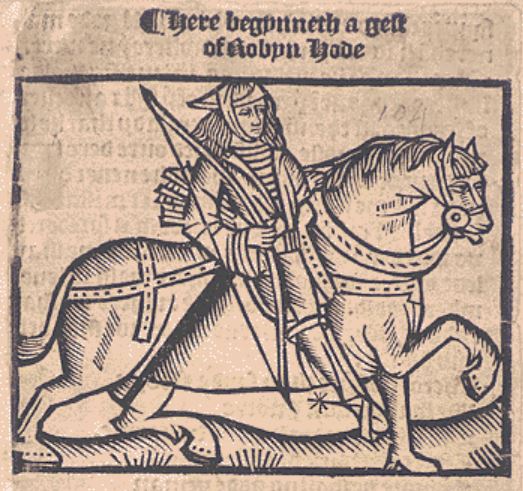Dalle fonti alla pellicola: la narrazione del medioevo russo nel cinema di Ejzenštejn e Tarkovskij
DOI:
https://doi.org/10.13130/2035-7362/15582Parole chiave:
History, Cinema, Narrative, Ejzenstejn, TarkovskijAbstract
L’articolo intende mettere in luce i rapporti tra le fonti storiche del Medioevo russo e la resa cinematografica della narrazione medievale nelle poetiche di Ejzenštejn e Tarkovskij. Congelando le filmografie dei due autori sulle due rispettive pellicole che hanno raccontato il Medioevo russo, l’Alexandr Nevskij (1938) di Ejzenštejn e l’Andrej Rublёv (1966) di Tarkovskij, l’articolo propone un’indagine critica sulle modalità d’approccio divergenti dei due registi rispetto al materiale storiografico e l’analisi della portata storica che la narrazione del Medioevo assume in un prodotto artistico cinematografico. Partendo dal pensiero di H. White sulla necessità di affiancare la forma narrativa al contenuto del lavoro storico, l’obiettivo dell’articolo è anzitutto la messa in discussione della presunta oggettività della verità storiografica, spostando l’attenzione, in un’ottica cinematografica, sui precisi processi che portano a compimento una narrazione storica tout court in relazione al presente della narrazione e allo sguardo dello spettatore.
This contribution aims to highlight the relationship between the historical sources of the Russian Middle Ages and the cinematic rendering of the medieval narrative in Ejzenštejn and Tarkovskij’poetics. Focusing on two respective films that recounted the Russian Middle Ages, the Alexandr Nevsky (1938) by Ejzenštejn and the Andrej Rublёv (1966) by Tarkovskij, the article proposes a critical investigation into the divergent approaches of the two directors with respect to historiographical material and the analysis of the historical significance that the medieval narrative assumes in a cinematographic product. Starting from the thought of the philosophy of history’s expert H. White on the need to combine the narrative form with the content of the historical work, the objective of the contribution is primarily to question the alleged objectivity of the historiographical truth. Afterwards the focus will be on the precise processes that bring to completion an historical narrative tout court in relation to the present of the narrative and the viewer’s gaze in a cinematographic perspective.
Downloads
Dowloads
Pubblicato
Come citare
Fascicolo
Sezione
Licenza
Copyright (c) 2021 Doctor Virtualis

Questo lavoro è fornito con la licenza Creative Commons Attribuzione 4.0 Internazionale.
Gli autori che pubblicano su questa rivista accettano le seguenti condizioni:
a. Gli autori mantengono i diritti sulla loro opera e cedono alla rivista il diritto di prima pubblicazione dell'opera, contemporaneamente licenziata sotto una Licenza Creative Commons - Attribuzione che permette ad altri di condividere l'opera indicando la paternità intellettuale e la prima pubblicazione su questa rivista.
b. Gli autori possono aderire ad altri accordi di licenza non esclusiva per la distribuzione della versione dell'opera pubblicata (es. depositarla in un archivio istituzionale o pubblicarla in una monografia), a patto di indicare che la prima pubblicazione è avvenuta su questa rivista.
c. Gli autori possono diffondere la loro opera online (es. in repository istituzionali o nel loro sito web) prima e durante il processo di submission, poichè può portare a scambi produttivi e aumentare le citazioni dell'opera pubblicata (Vedi The Effect of Open Access).





